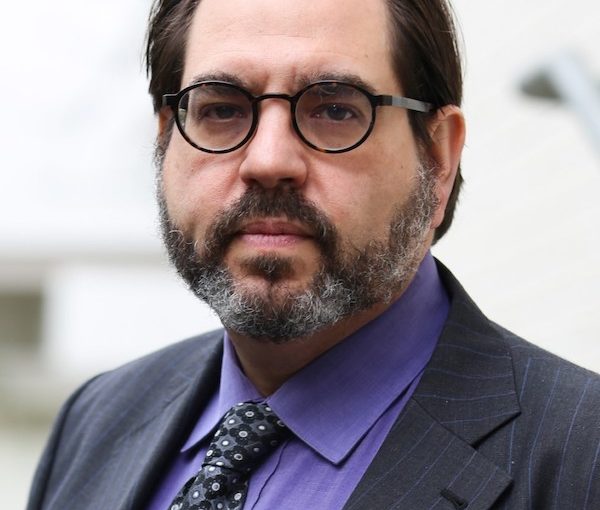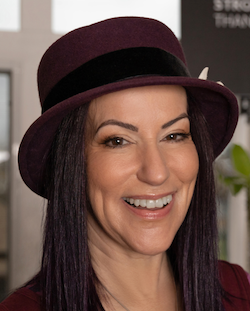It is said that “truth is the first casualty of war.” There are two aspects to this truth – that the chaos of conflict makes it difficult to discern exactly what is happening, leading to what we might now call “misinformation” and, additionally, the tendency of governments to deliberately mislead their citizens and others for strategic reasons, better known as “disinformation.” Both aspects are very much in play in the current conflict between Israel and Hamas.
There was a time when it was easy for governments to control information. At that time, also, there were editors and fairly clear and stringent (if imperfect) journalistic standards in place before a story would reach its audiences. The internet, among its good and bad characteristics, has eliminated almost all oversight.
Today, anyone with access to the internet has the potential to reach wider audiences than the most powerful person of a century or two ago – and to do so instantaneously. As a result, we are swimming in information.
In principle – in the utopian idea some may have had a few short years ago – this access to virtually unlimited resources would make every citizen capable of consuming the most information possible and empowering us to make informed decisions. This principle seems to have proved disastrously wrong. Instead of weighing the balance of opinions in the most vibrant marketplace of ideas ever imagined, many of us seek out only that information that reinforces our preexisting prejudices and fast-held opinions.
Moreover, bad actors – including governments – and unwitting innocents are purveying false information. We are manipulated by lies that are difficult to discern from fact and most of us are guilty of sharing false information without intending to do so.
We are facing the possibility of a “post-truth world,” exacerbated by technological changes and advances in artificial intelligence. Even given incontrovertible evidence, significant parts of populations choose to believe demonstrable fallacies – the most obvious one in our geographic neighbourhood being the “Big Lie” that Donald Trump won the 2020 US presidential election. Even the universal availability of contrary proof does not preclude people from coming to the wrong conclusions.
Google News and many other agencies, to their credit, have begun aggregating fact-checks from verified sources that now appear at the bottom of many news feeds. Of course, these cannot vet the things that come through our email inboxes.
The advent of artificial intelligence is going to turn what had been trickle and is now a flood of misinformation and disinformation into an absolute deluge. In this issue of the Independent alone, by coincidence, multiple stories address the risks of what is occurring and the need for media literacy and critical thinking.
All of this relates, in a very specific if not immediately obvious way, to a more positive news story in this issue. British Columbia is set to become the second Canadian province to mandate compulsory Holocaust education in the school curriculum.
Ensuring that young citizens complete their education with knowledge of the Holocaust is vitally important. The Holocaust, since well before the internet age, has been the subject of both misinformation and disinformation. Comprehensive education may help people emerge from the school system with a baseline of shared information around a seminal event in human history.
But more is needed. The problem is so vast, a broad approach is required to ensure that most of us, young and old, can discern fact from fiction.
A “supply-side” response is not going to work. There is simply no possibility of stanching the burgeoning amount of lies and misleading content online (and elsewhere). Critical thinking, media analysis, information literacy – these are crucial skills for individuals and society at large. We are way behind the curve in delivering these through our institutions.
Confronting the tsunami of misinformation and disinformation is an intractable challenge. It seems, though, that democratic countries are on the right track: we are acknowledging that it is a problem. There are individuals and organizations – in the public, nonprofit and private sectors – working to bring reliable and trustworthy news and information to the fore. But we must do our part – think twice before you forward a link or email, do your own fact-checking, subscribe to a wide variety of respected publications or channels, be civil in your discussions. It may be a cliché, but it’s appropriate here: be a part of the solution not the problem.



